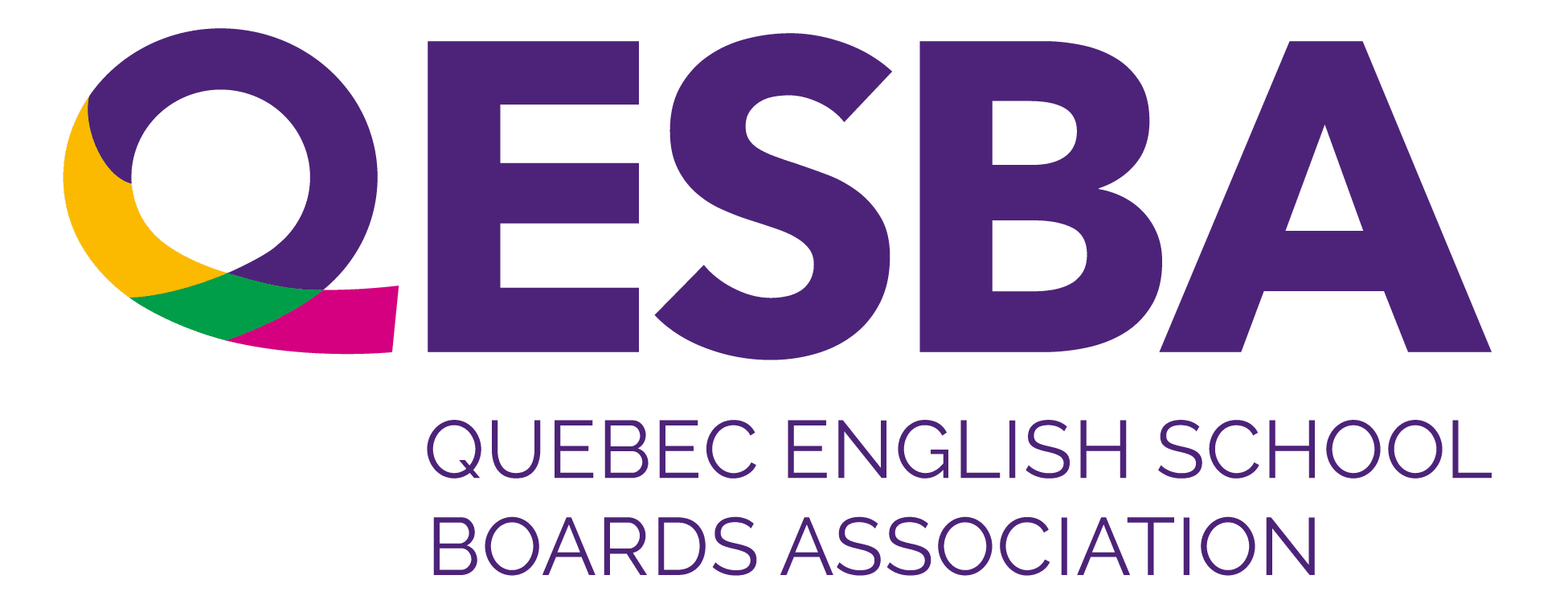By Dan Lamoureux, President, Quebec English School Boards Association
Round one of what will likely be a prolonged legal battle concludes on Monday when a Québec Superior Court judgement will address the English Montreal School Board’s (EMSB) request for a provisional stay on the Government of Québec’s Cabinet decision transferring General Vanier Elementary School and John Paul I Junior High School to the French sector. The Court has been asked to suspend the decision on these school transfers pending the hearing of the case on its merits.
The bottom line is that since there are Constitutional implications, this matter is not soon to be definitively settled.
Over time tensions between neighbours will increase, positions will harden and the focus will be taken away from the young people of both linguistic communities.
And the sad part is all of this is unnecessary. Minister Roberge is using exceptional powers in the Education Act to address a situation that could have been resolved through dialogue and good will.
As we know, a growing school age population combined with the government decision to provide kindergarten for four-year olds, has led to major space crunch in the Commission scolaire de la Pointe-de-l’Île (CSPI). The EMSB has tried to be helpful, putting forward different options for addressing its counterpart’s class room shortage while striving to protect the interests of the community it serves and respecting our constitutional rights.
Most recently the EMSB offered a total of 112 class rooms to the CSPI, compared to the 38 classrooms transferred by the Québec Cabinet, which more than meets its counterpart’s needs for this fall. To help address the medium and long-term needs of the CSPI the EMSB has also indicated that, as per the law, it will be conducting a community-wide consultation that will address the potential transfer of schools to the French sector.
Rather than acting as a facilitator striving to advance an approach that is to the benefit of all students and their families, Minister Roberge, through his public positions and statements, undermined the discussions between the two school boards and in so doing discouraged the representatives of CSPI from entering into a constructive exchange.
By acting in this manner, we believe that the Québec Government is eroding the constitutional rights of the province’s English-speaking minority, specifically section 23 of the Canadian Charter of Rights and Freedoms, which guarantees our right to manage and control our educational system.
The courts have stated that “the school is the single most important institution for the survival of the official language minority” (Arsenault-Cameron v Prince Edward Island). Schools are our lifeblood, serving as community centres. John Paul I, for example, is the only EMSB school reserved for junior high school students in Montreal’s East End.
The Minister has neither taken into account the impact of his decision on the vitality of the English-speaking communities of Saint-Leonard and Montreal North nor has he taken the time to seriously consider the various proposals put forward by the EMSB. He has repeatedly rejected the school board’s alternate scenarios shortly after receiving them – on one occasion within 24 hours.
The Education Act requires that a comprehensive consultation of more than a year must occur before a school board can decide to close one of its schools. The Minister, however, repeatedly advised the EMSB to act now – to move students out of its schools – and to consult after the fact.
The Government’s actions must be placed in the broader context. It has repeatedly indicated its intention to table legislation this fall to abolish school boards. In fact, Premier Legault recently asserted that the EMSB’s response to his government’s decree is proof of the merits of his proposed approach. From our perspective, however, the EMSB is right to be challenging the government for exceeding its authority. The Government of Québec needs to be reminded that its powers are neither unfettered nor above the rule of law.

